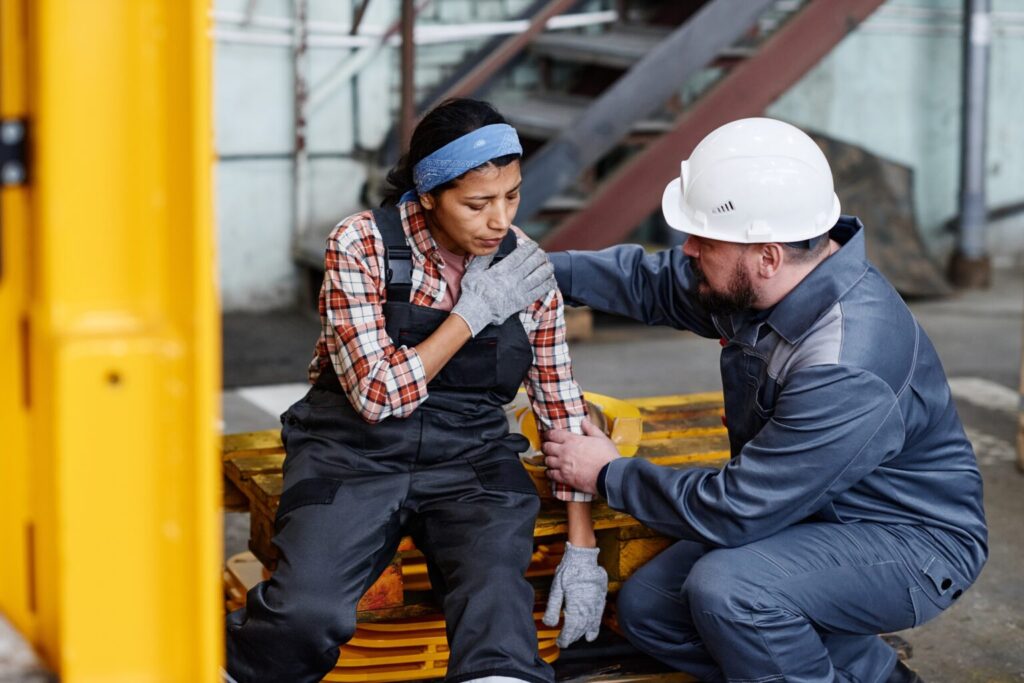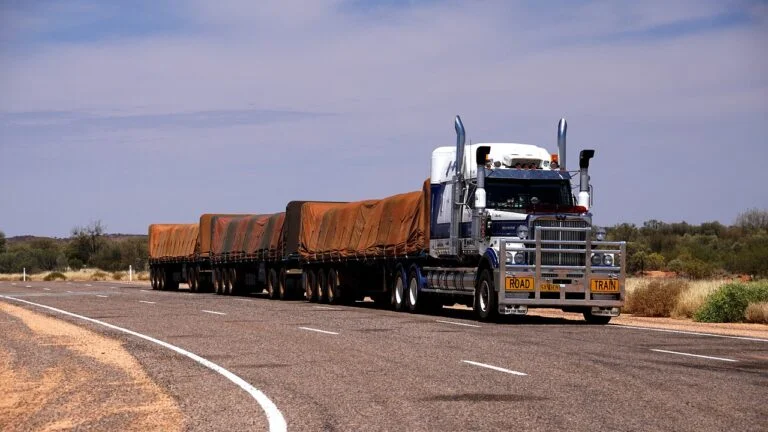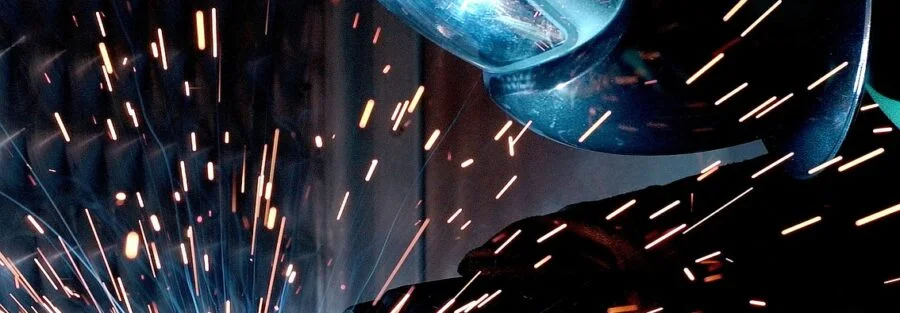Mistakes to Avoid After a Commercial Vehicle Accident
If you were hurt or have lost a loved one in a commercial vehicle accident, you likely feel overwhelmed and unsure of what steps to take next. Your actions in the hours, days, and weeks following a crash will greatly determine whether the trucking company is liable, and the amount of damages you may be able to claim. Just as there are certain steps you should take, there are also things you should avoid doing after an accident. Below, one of our Baton Rouge personal injury lawyers explains what those are. Failing to Call the Police Whether you were struck by an 18-wheeler or a local garbage truck, the injuries and other losses you sustain will be significant. Still, you may not realize the severity of the losses right away and another party at the accident scene may convince you not to call the police. This is a mistake. When police arrive on the scene, they will collect evidence to include in their written report. If you choose to pursue a case against the truck driver or the company they work for, the police report can help find witnesses, determine how the crash occurred, and who was at fault for it. Failing to Collect Important Evidence and Information After a crash, you will feel an adrenaline rush and be in a great deal of shock. Many accident victims fail to record information and gather evidence that could be critical to their case. If you are able, take photographs and video footage of the accident scene. Make sure to take pictures of all vehicles, lighting and traffic signals, skid marks, and any other factor relevant to the accident. You should also take note of certain information, including: The name and contact information of anyone involved in the crash and any eyewitnesses, Name of the company the driver works for, The license and insurance information for the driver, and The license plate and Department of Transportation (DOT) number of the commercial vehicle Remember that while you are at the scene is likely the only opportunity you will have to gather evidence and take photographs. Even if something seems insignificant, take a photo as your lawyer may be able to use it in the future. Not Seeking Medical Treatment Commercial vehicles are much larger and heavier than other vehicles on the road. Due to this, there is little chance that you will escape an accident unscathed. Even severe injuries may not be apparent for several hours or even days after a crash. Additionally, an injury that seems minor at first may be the first sign that something is seriously wrong. Even if you do not think you were seriously hurt during a commercial vehicle accident, it is important to receive medical treatment. Not only will this ensure that you prioritize your own safety and well-being, but it will also document your injuries at the earliest opportunity. If the insurance company tries to trivialize the nature or severity of your injuries, your medical records can refute those claims. Speculating About Fault There are certain things you should do at the scene of the crash, such as obtaining important information from other drivers involved. However, you should limit the conversations you have with people at the scene. You may have to provide a brief statement to the police but do not say more than you have to. Only talk about what you know to be true about the accident, and do not try to guess or speculate about certain facts. In particular, you should never speculate about who was at fault, or even apologize that the accident happened at all. The insurer will use any apology to show that you were negligent, caused the accident, and felt remorseful about it afterward. Agreeing to a Settlement Too Quickly After a serious accident, you will face high medical bills and may not be able to return to work right away. You may wonder how you will pay your daily expenses. The insurance company is counting on the fact that you are desperate to receive any damages at all. They will offer a settlement that is not enough to fully cover the cost of your injuries and other losses. If you accept it, you cannot go back to the insurer for more in the future. Never sign a settlement agreement until you have spoken to a personal injury lawyer. A lawyer can review the facts of your case and accurately value your damages so you receive the full and fair damages you need to make a full recovery. Agreeing to a Recorded Statement The insurance company may ask you to provide a recorded statement, and agreeing to it is a very serious mistake. The insurance company will use anything you say against you in order to minimize the amount of damages they are liable for paying. For example, you may say, “The truck came out of nowhere,” simply meaning that the driver tore around a corner or cut you off. However, the insurer will twist your words and argue that you were not paying attention to the road because you did not see the truck. Signing a Medical Release The insurance company may also ask you to sign a medical release. They do this so they can access your medical records. Once they have, they will comb through them looking for a pre-existing condition. If you have a pre-existing condition, the insurer will say that it was not the accident that caused your injuries. Even if you do have a pre-existing condition, you still have the right to claim damages if the crash exacerbated it. Still, never sign a medical release, as you do not want to give the insurance company more information to use against you. Our Personal Injury Lawyers in Baton Rouge Can Help You Avoid Mistakes Even the smallest mistake made in a personal injury claim can seriously hurt your chances of obtaining the full compensation you deserve. At Big River Trial Attorneys, our Baton Rouge personal injury








